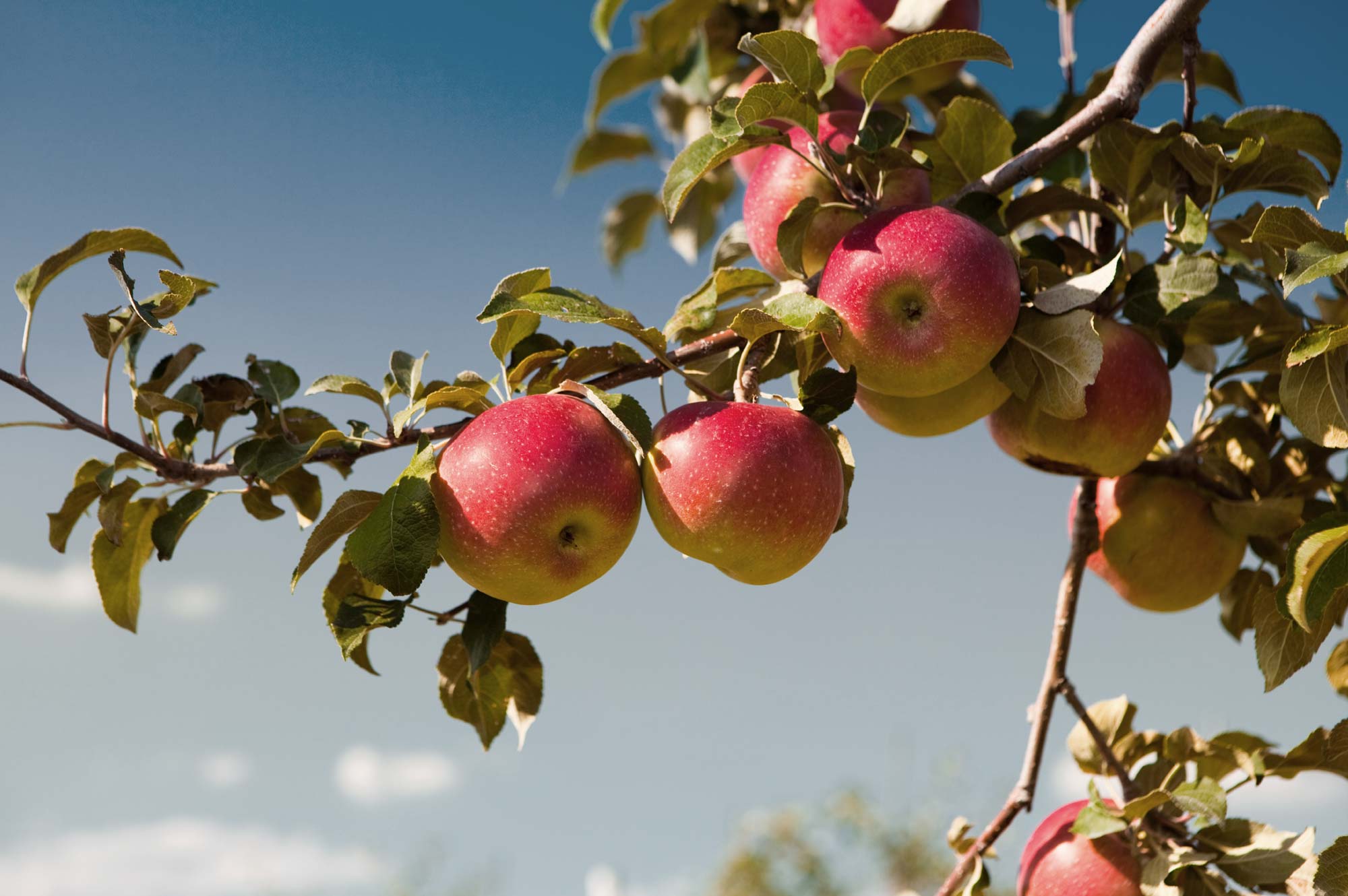The EU protein deficit: what solution for a long-standing problem?
The decline in Europe's production of protein crops has left the EU heavily dependent on imports.
At present, 80% of all protein crops in the EU are imported, and that figure is still rising.
The increasing price volatility of these crops, which are primarily used as livestock feed in the EU, leaves European farmers seriously exposed.
Most imported soya comes from Latin America, where soy farming is often enabled by the destruction of ancient rainforests.
What was the Greens' position?
The Greens believe that the EU has to reverse its decline in protein production, because doing so would yield added benefits for soil quality and the environment in Europe.
This is because vegetables fix nitrogen in the soil and reduce the need for fertilisers.
Consequently farmers ought to be incentivised to grow these crops.
However, we are totally opposed to the use of genetically modified crops in this connection.
Did other MEPs accept the Greens' position?
The Greens were successful in raising the issue of Europe's dependence on imported soy, which is associated with land grabbing, tropical rainforest destruction and desertification from savannah conversion.
We also highlighted the importance and health benefits of crop rotation.
Both issues were useful in strengthening the Green position in the reform of the Common Agricultural Policy (CAP).
Which points did the Greens lose?
Procedure:Own-initiative procedure
Reference(s):2010/2111(INI)
Lead MEP:Martin Häusling (GREENS/EFA)
Green MEP responsible:Martin Häusling
Voted:08/03/2011
Staff contact:Hannes Lorenzen (Email)
